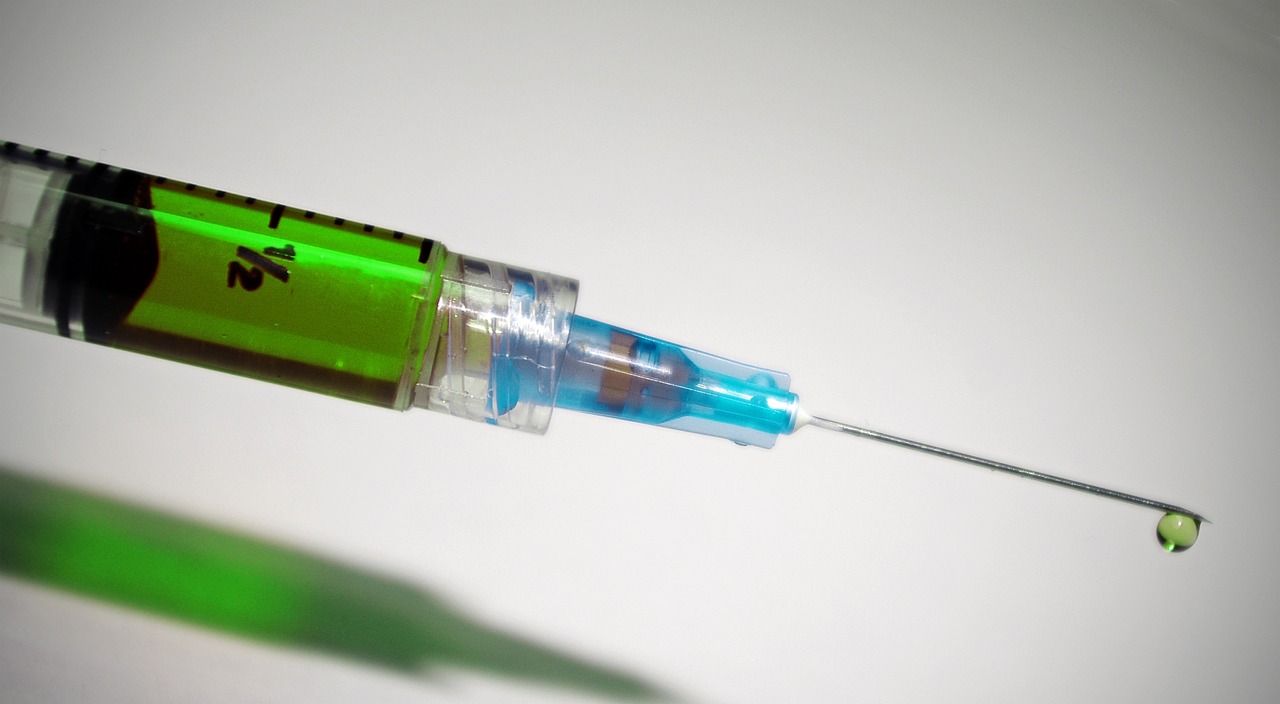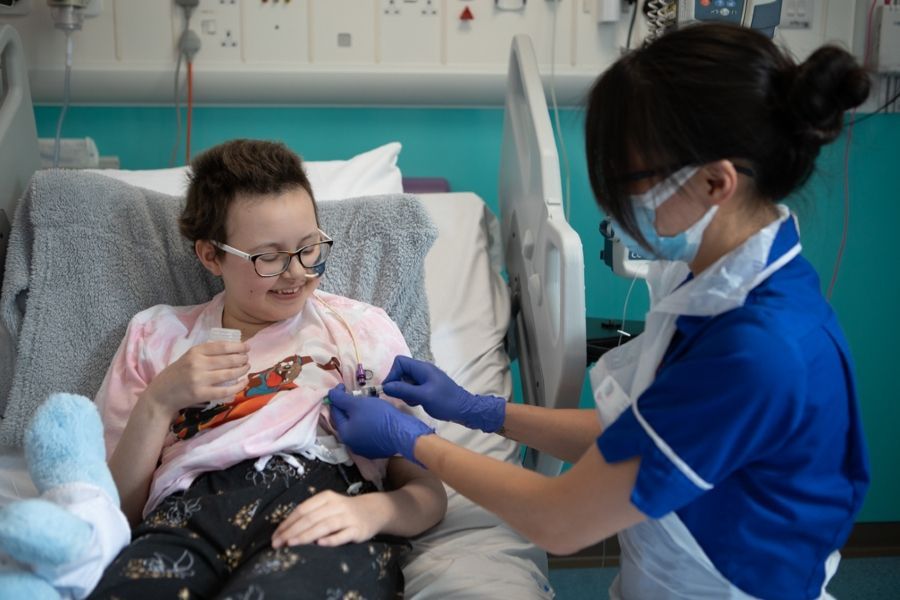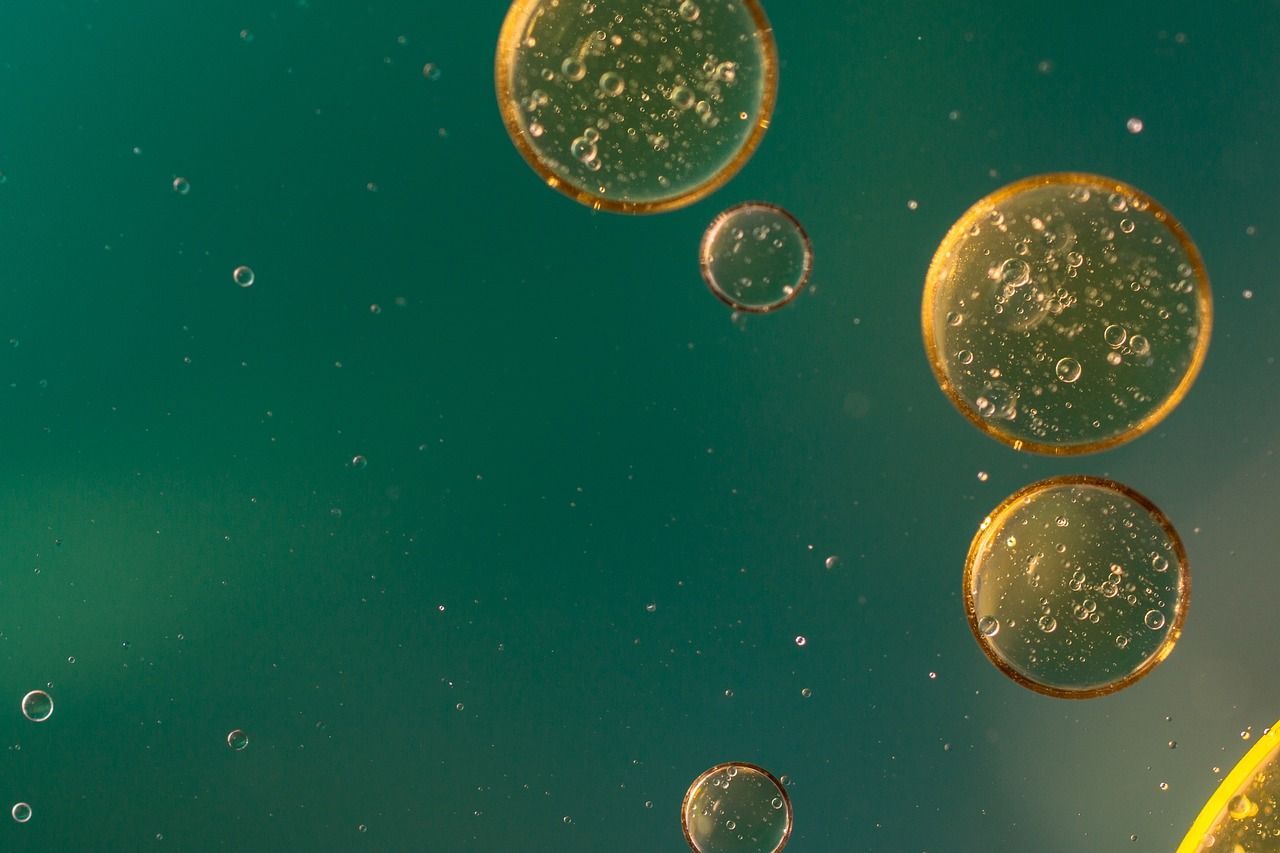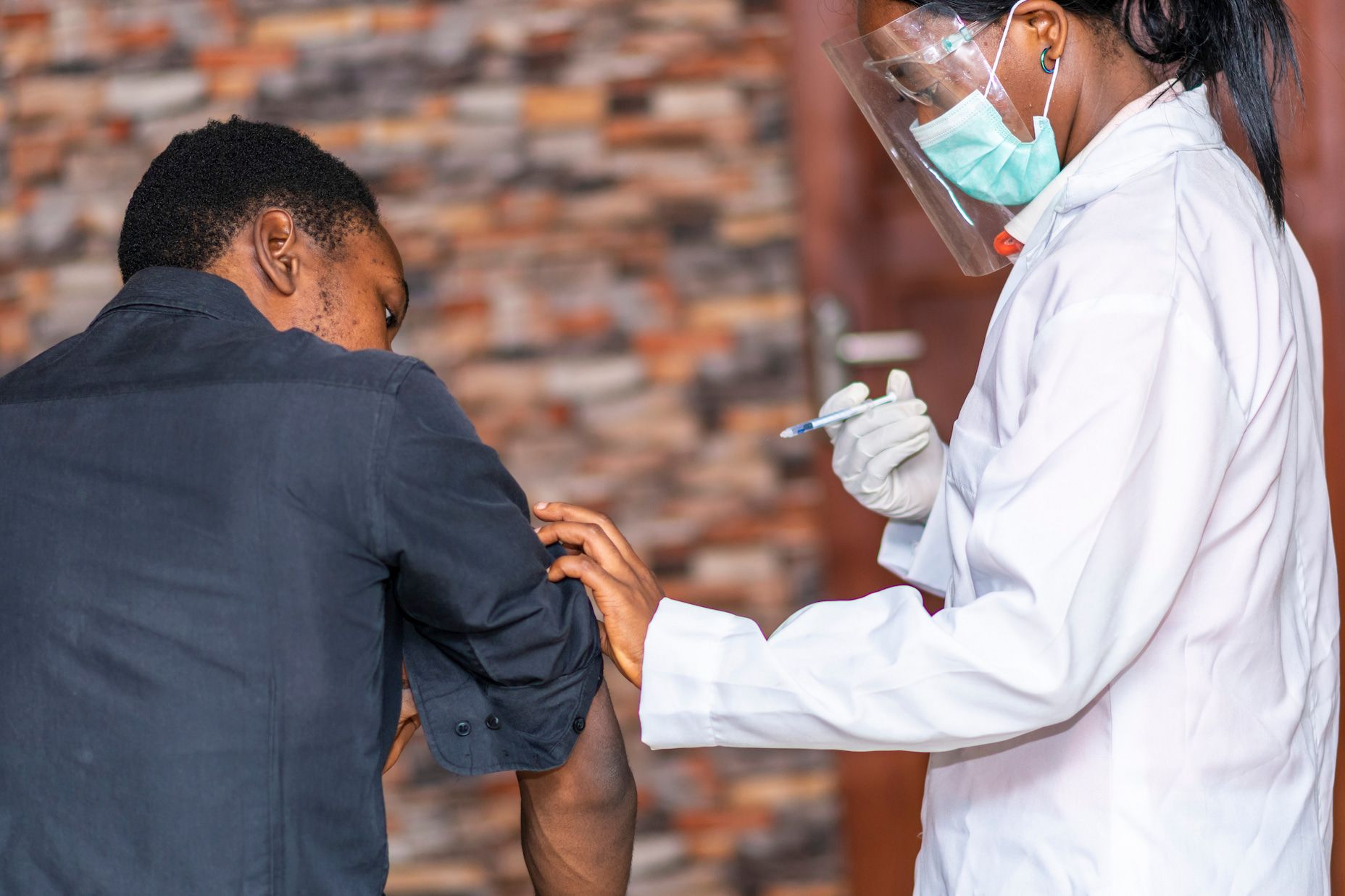
💉 New vaccine technology can provide better cancer treatment and increased survival rate
A new method of developing vaccines to fight cancer could give us much more effective treatments.
Share this story!
A new technique for designing and manufacturing cancer vaccines has been presented by researchers at Northwestern University in the United States. The method proved to be significantly more accurate when it comes to producing effective vaccines against different types of cancer.
The technology is basically the same as for traditional vaccines. It is based on giving immune cells antigens that can kill cancer cells and adjuvants that enhance the effect. However, producing viruses with that method is a bit of a lottery and the researchers' breakthrough lies in how they can now optimize the design of new vaccines.
"A challenge with conventional vaccines is that an immune cell can pick up 50 antigens and one adjuvant or one antigen and 50 adjuvants. But there is an optimal balance to maximize the effectiveness of the vaccine," says Michelle Teplensky, researcher at Northwestern University and one of the researchers behind the study, in a press release.
To construct optimized vaccines, the researchers use a platform to create tailor-made vaccines for seven different cancers. The platform is called Spherical Nucleic Acids (SNA), which one of the researchers in the group invented back in 1996. Using it, the researchers can now choose exactly how many antigens and adjuvants should be delivered to the cells.
"If you compare immune cells to soldiers, traditional vaccines leave some of them unarmed, while our method ensures that all immune cells have powerful weapons to fight the cancer," says Chad A. Mirkin, inventor of SNA and one of the researchers behind the study.
In trials, it was found that the researchers' new vaccine caused tumors to grow four times more slowly than with traditional vaccines. The researchers hope that their method will lead to the development of many new and more effective vaccines that can fight both different forms of cancer and infectious diseases.


By becoming a premium supporter, you help in the creation and sharing of fact-based optimistic news all over the world.



